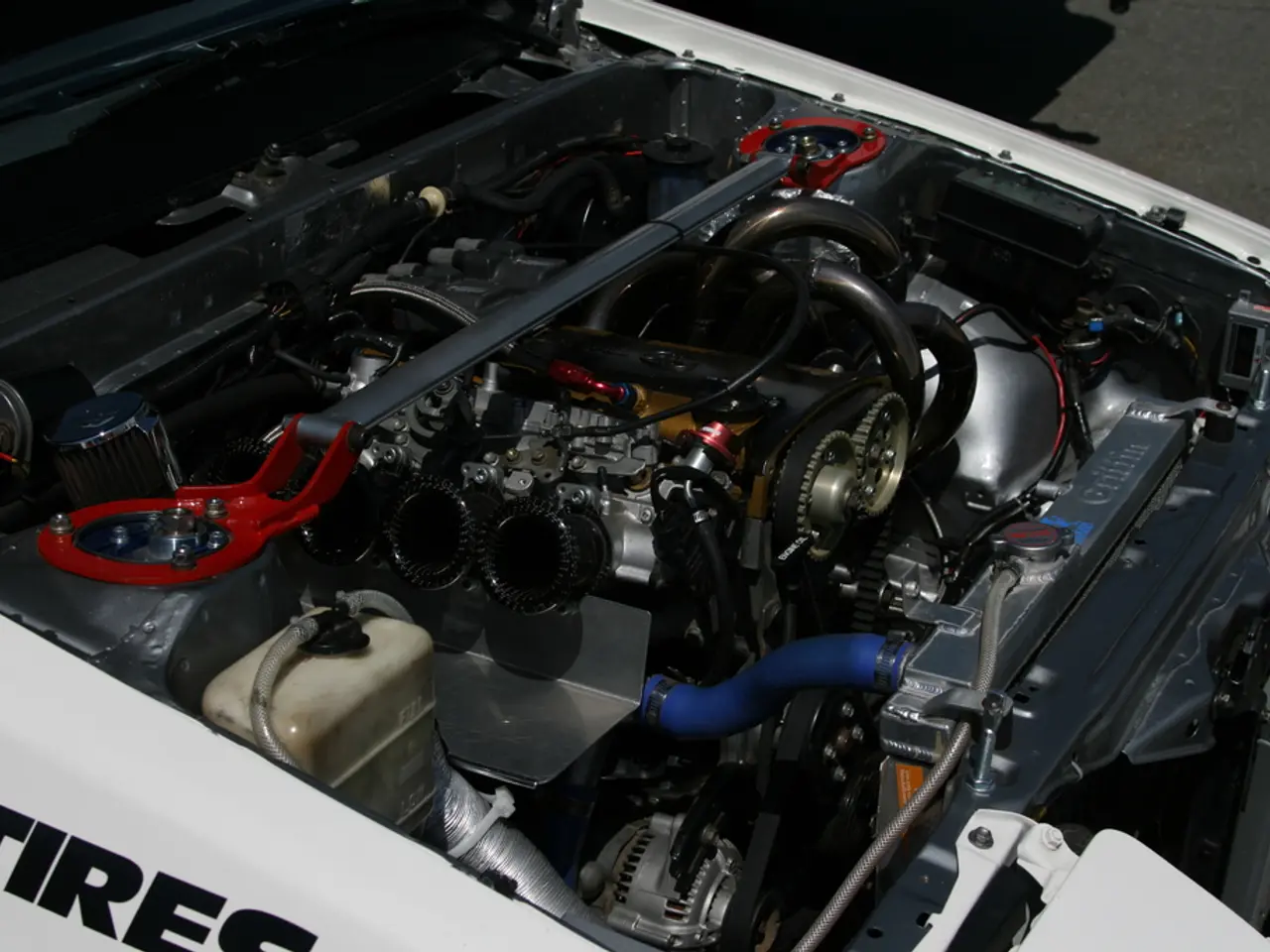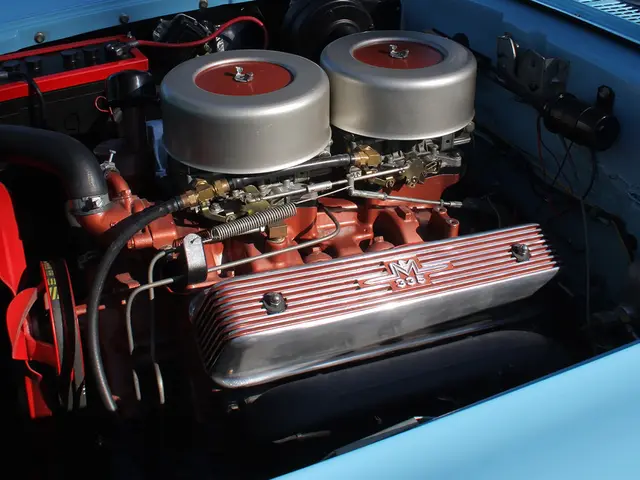Revolutionary Battery Charges 5x Faster in Freezing Temps
Researchers at the University of Michigan have developed a groundbreaking battery manufacturing process that enables electric vehicles (EVs) to charge five times faster in subfreezing temperatures. This significant advancement addresses a longstanding challenge for EV adoption in cold climates.
The innovative process combines a stabilizing coating on an electrode with microscale channels. This unique combination allows for faster charging and improved range in cold weather. The team, based at the University of Michigan Battery Lab and Michigan Center for Materials Characterization, has demonstrated that the modified batteries can charge 500% faster at temperatures as low as 14 F (-10 C), retaining 97% of their capacity after 100 fast charges at cold temperatures.
The team prevented lithium plating on electrodes by using a glassy lithium borate-carbonate coating, around 20 nanometers thick. This coating, along with the microscale channels, addresses the 'trilemma' of fast charging, low temperature, and long-range driving. The University of Michigan has applied for patent protection and licensed the channel technology to Arbor Battery Innovations for commercialization. The team is currently working to develop factory-ready processes for the new battery technology, with funding from the Michigan Economic Development Corporation.
This breakthrough in battery technology could help alleviate consumer concerns about range drops and slower charging in winter, which have been barriers to EV adoption. By enabling faster charging in cold weather, this innovation brings us one step closer to a future where electric vehicles are accessible and practical in all climates.
Read also:
- Long-Term Prescription Drug Impact on Brain Function
- Benefits, sources, and supplements for Vitamin D and its role in addressing osteoporosis
- Diabetes Management during Pregnancy: Keeping Tabs on Blood Sugar Levels and Lifestyle Adjustments
- Life Expectancy with Interstitial Cystitis: Exploration of Research, Treatment Methods, and Additional Information







